To celebrate the October 13th release of my forthcoming debut novel, King of Shards, I will be featuring one new blog entry a day about a different Judaic myth for 36 days. Today’s entry is on The Guf, The Treasury of Souls.
Day 15: The Guf, The Treasury of Souls
All the souls that will ever be born are kept in the highest heaven, beside the throne of glory, in a treasury of souls known as the Guf. The souls that exist here are pure and pristine, untainted by earthly life. Some souls flicker like a candle and some shine brighter than the sun. When a soul is about to be born, the angel Gabriel reaches his hand into the Guf and takes out the first soul that comes into his hand. Fortunate is the person whose soul is bright. Another angel follows this soul down to earth, where sparrows, who can see both angels and souls, sing to praise their beauty.
The angel Lailah guards the soul in the womb as it is clothed in flesh and blood and stripped of its heavenly garment. There the soul lives an earthly life, until the day comes for it to leave this world. Then the Angel of Death comes to remove the fleshy garment and replaces it with the holy garment that was stripped away when the soul descended to earth. Therefore death is not a time of loss, but a time of reunion and joy, because the soul has donned its original heavenly garment and flies before God’s Throne of Glory.
Some say the Guf holds an infinite number of souls, and some say the number is finite. Some say that when the Temple was destroyed, no more souls entered the Guf. Each day, the number of souls held there grows smaller, and when the number of souls run out, there will be an infant born without a soul — born dead. This will herald the end of days, the death of the world, just before the arrival of the Messiah.
The Myth’s Origins
The myth of the Guf can trace its source to the Talmud, tractate Yebamoth 62a, which reads, “The Son of David will not come before all the souls in Guf will have been disposed of, since it is said, ‘For the spirit that unwrapps itself is from Me.'” And from tractate Abodah Zarah 5a says, “The Son of David will only come when all the souls destined to inhabit earthly] bodies will be exhausted.”
In Hebrew “guf” literally means “body,” and this “storehouse of souls” was literally thought of as a body. According to Rabbi Isaac Luria, the Ari, souls rest from their descent in the boughs of trees, where sparrows can see them falling from heaven, and this explains their joyous song.
The Zohar, the chief kabbalistic text of Judaism, elaborates on the myth and stated that God hewed all who would be born from his Throne of Glory and placed them in the Guf.
Some Thoughts on the Myth
The Guf makes its appearance in popular culture in the 1988 film The Seventh Sign, the Guf’s emptiness precipitates the End Times, though the film conflated Judaic and Christian mythology.
It must have been an interesting question to ponder: where do all the souls come from? A person grows from a tiny seed into a human being, with desires and motivation and personality, only to end in death and quietude. Where does the energy go? Thus came the concept of the soul, a part of us that survives after death. The concept of a soul, an animating force, is common throughout the mythologies of the world. In Judaism, this developed into the myth of the Guf, a storehouse of souls, hewn by God from his heavenly throne. But the cleverer among them must have asked, How many souls are in the Guf? Is it infinite, or finite?
A similar problem arises in traditions that believe in reincarnation. There are more people alive today than have existed throughout all of human history. So where do our souls come from?
That the ancient rabbis chose to make the Guf finite speaks to the common theme throughout Judaism, the hope and promise of a final redemption. When the Guf is at last emptied, then the Messiah will come. God has put an hourglass on our suffering. It is not eternal. Even this life, which is full of suffering, is temporary. We are just wearing our temporary “earthly garment” before returning home.
Tomorrow’s Myth: The Transmigration of Souls



































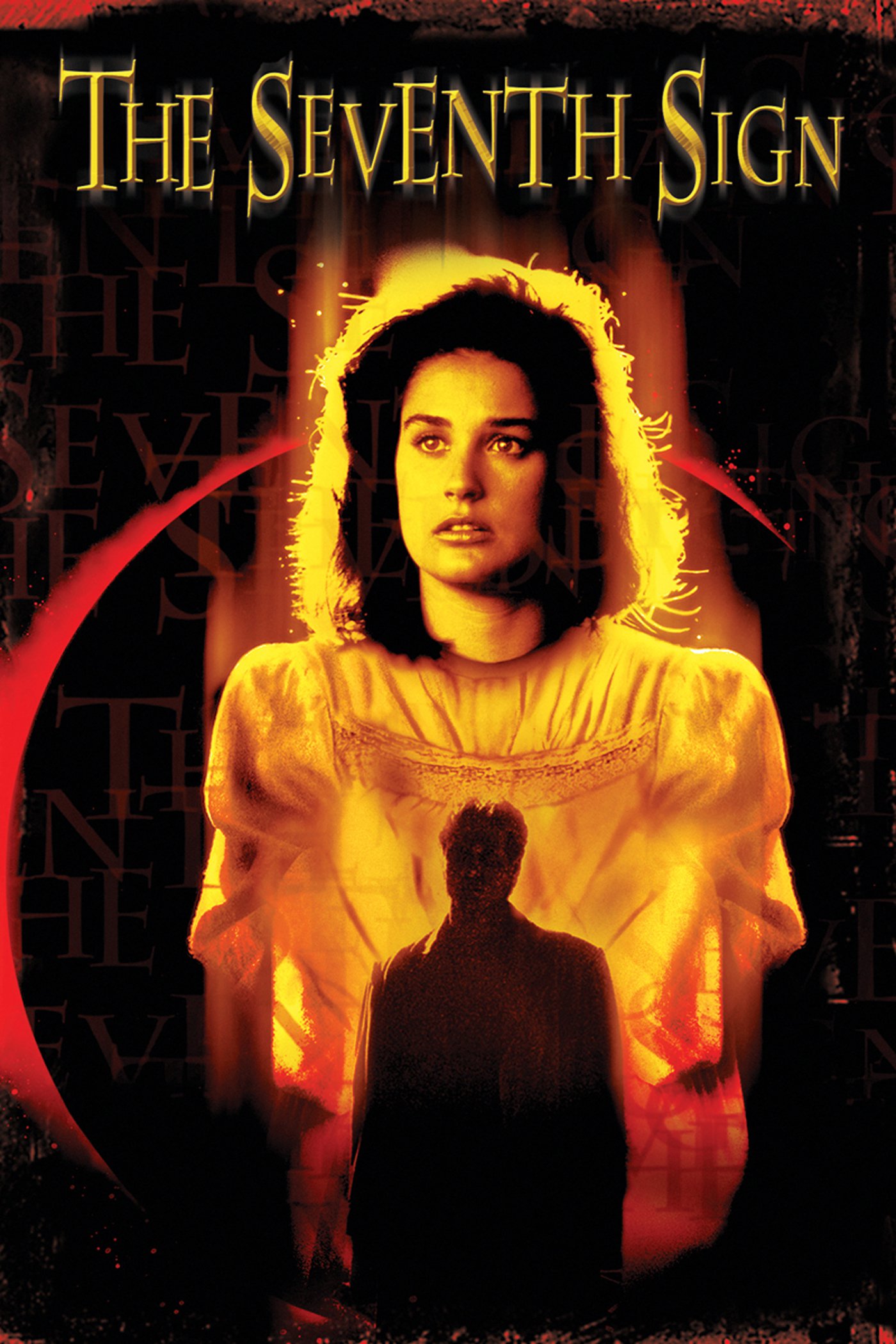
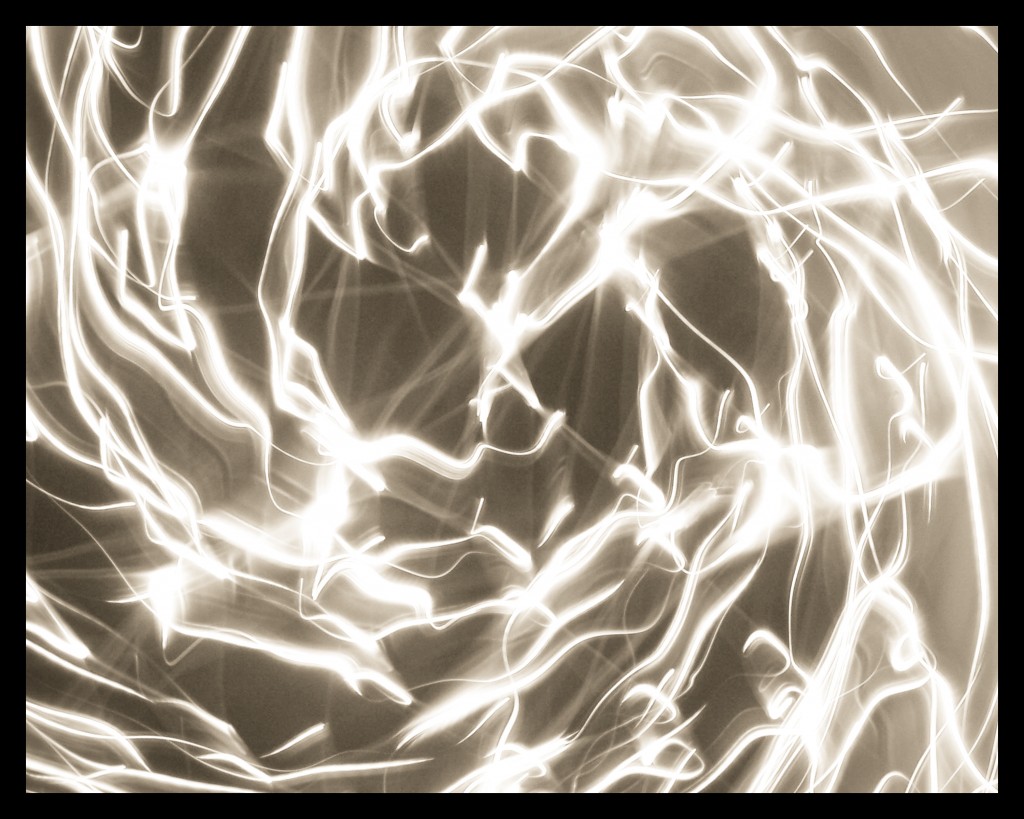
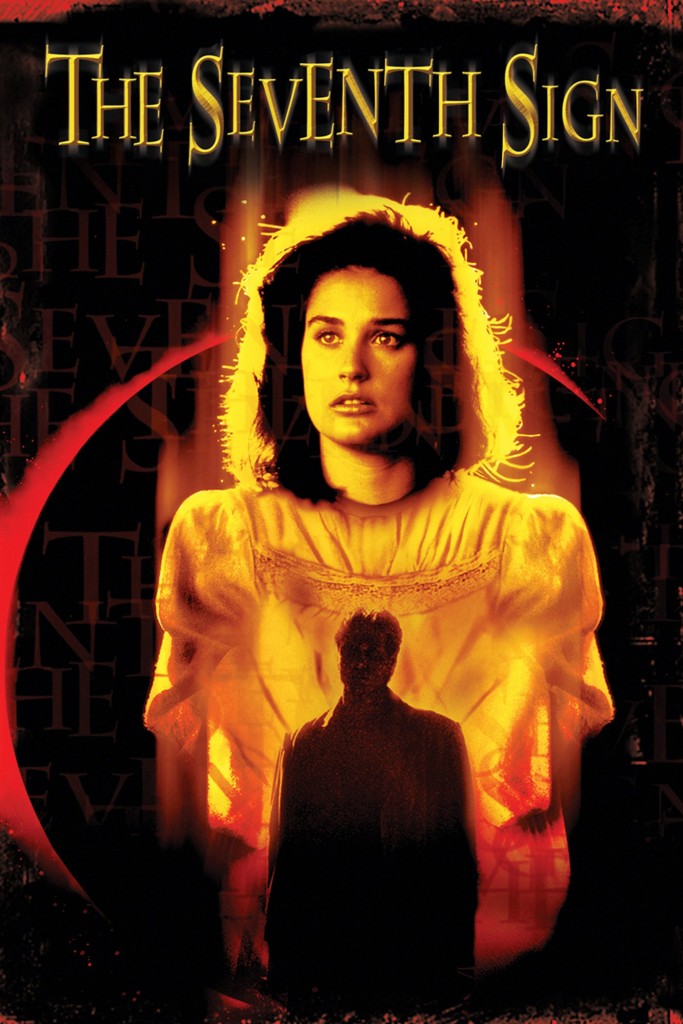
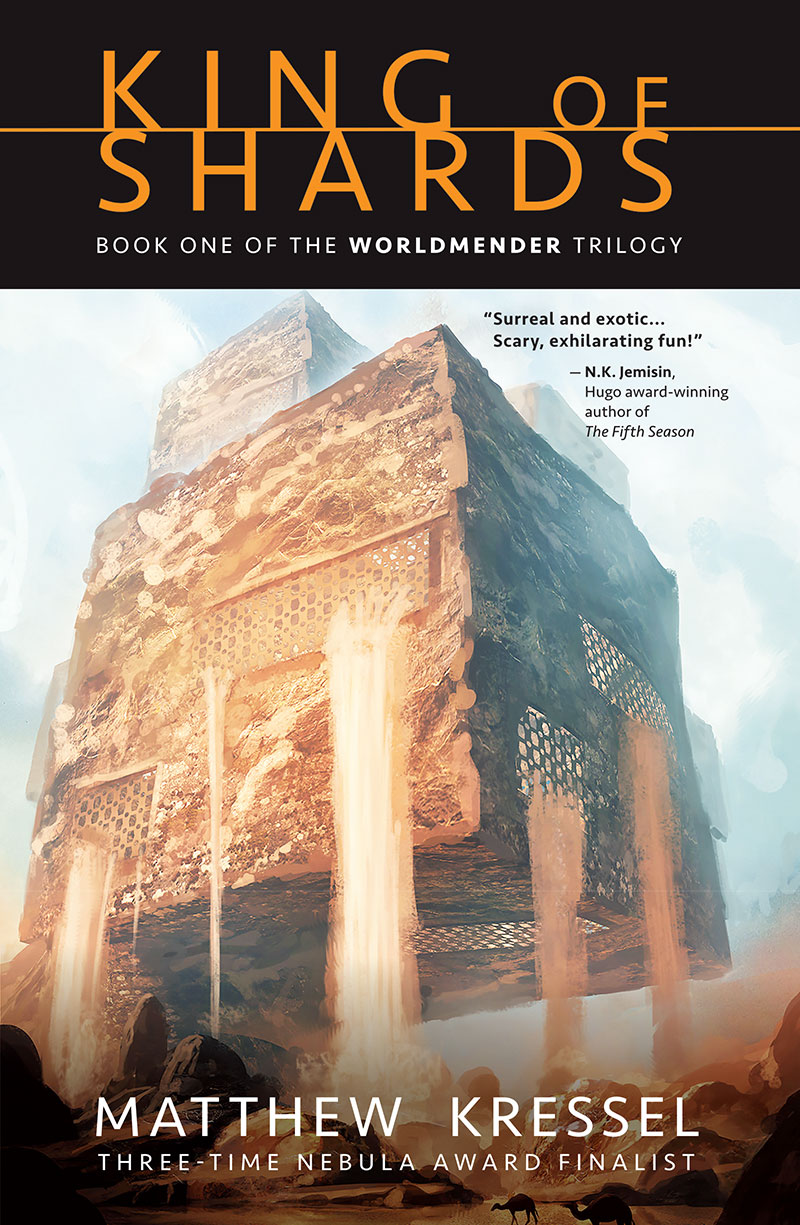
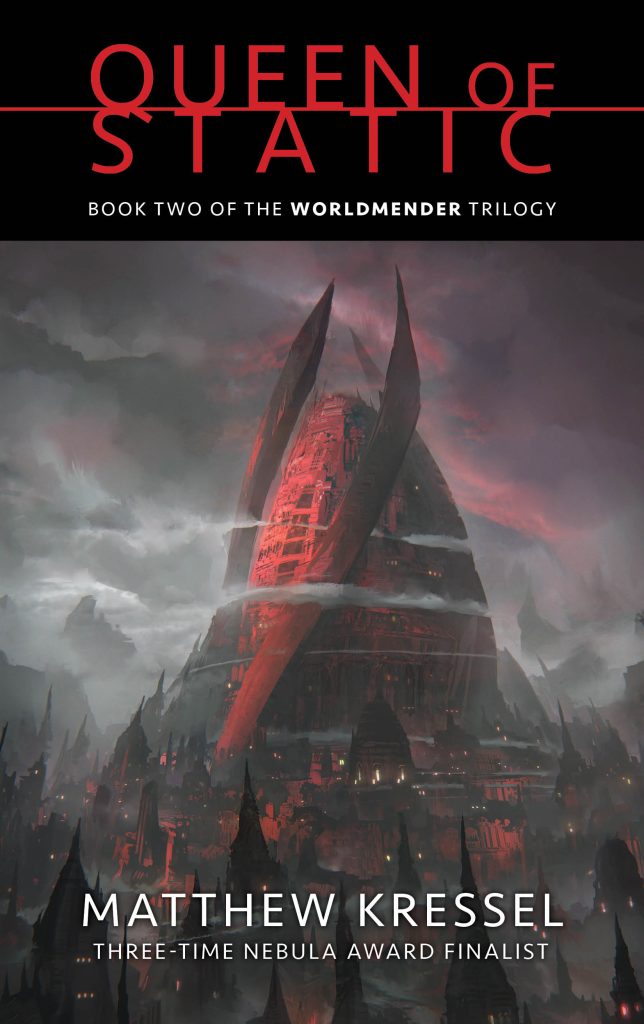

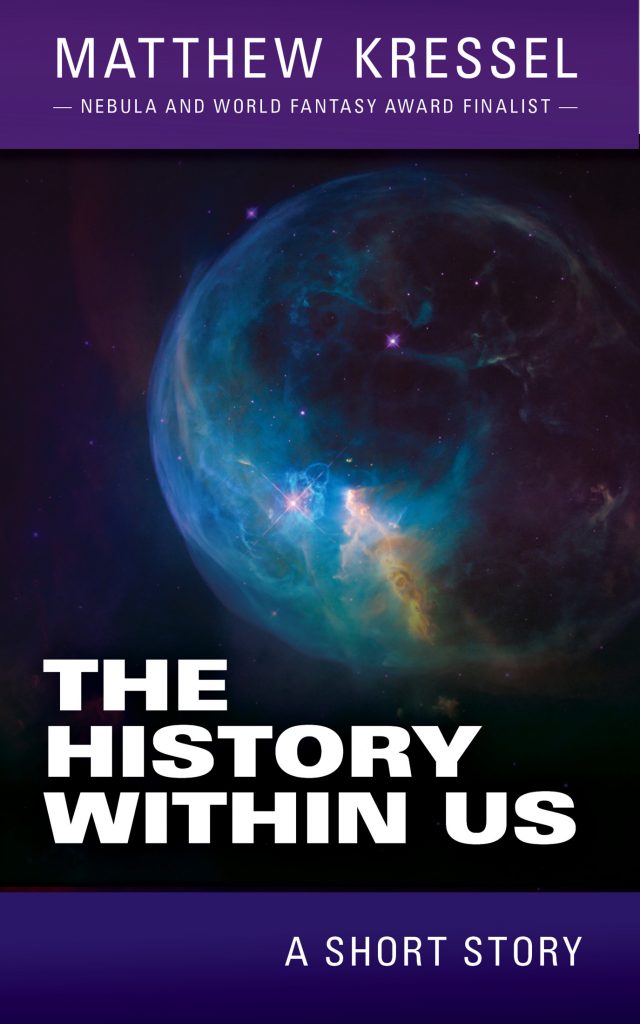
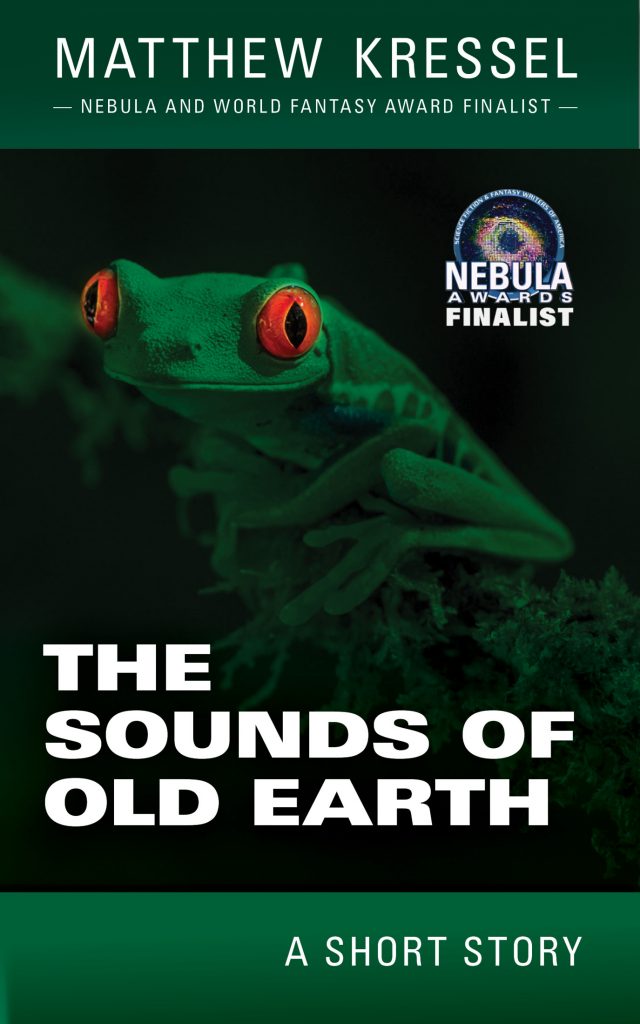
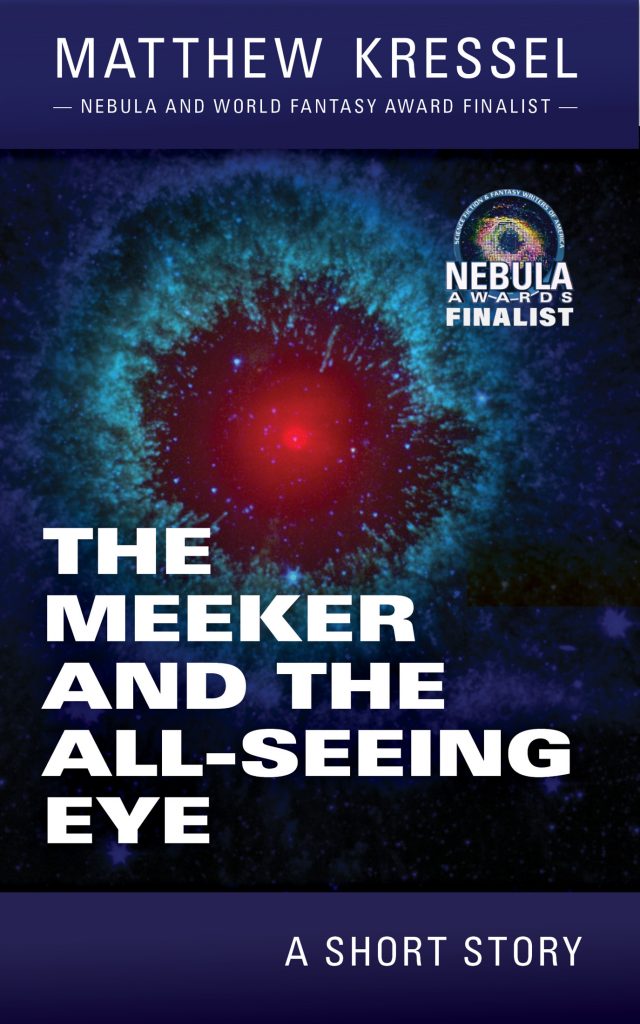

March 22, 2016 at 11:57 am
Has anyone else had a vision of the guf?
March 22, 2016 at 2:16 pm
No, but that sounds fascinating. Care to share it?
March 6, 2018 at 2:09 pm
Mormons have the same belief; “the Pre-existence”
Of course, all Christians should believe the Son of David is, by lineage & by prophecy, Jesus the Christ. It was part of the controversy. Jesus was the rightful heir to the Hebrew Kingdom on earth. He assumed that role & Israel generally recognized that birthright. He not only reactivated the 2nd Temple but records show he added onto it.
August 2, 2018 at 12:55 am
We believe the Guf is where fallen spirits await placement into Earthly bodies so that they might obtain redemption and then be able to return to Heaven.
September 14, 2019 at 6:15 pm
Is The Guf mentioned in the Bible? A reference would help this debate.
January 6, 2020 at 12:39 am
I have. Since I was 5 I had the dream, which I thought was a nightmare at the time, of flying around in a giant coliseum in the sky. I’m almost 50 now. A voice constantly tells me ” The hall of souls is empty”. It wasn’t scary, more of a dreadful feeling, and feeling sad. Sometimes the voice was there, sometimes it wasn’t. And in my dreams I went there at will, and still do. I didn’t understand all of this until now. I am also a descendant of Moses brother Arron, which can be proven thanks to DNA. We’ll see how it goes.
November 18, 2020 at 11:00 pm
When I saw the movie scene about the guff it answered a question I’ve had my entire life. My earliest memory is the guff. I remember wanting, for some reason, to be put in this body. Some force pulled me back and said , “no, that’s the wrong one ” The one in charge said,”let him go” and another one said, “this will not end well.” I have had this memory my entire life and never told on the advice of my mother (as a child anyway). I have excellent early childhood recall and can remember things most think impossible. The beings in the Guff didn’t speak, it was all communicated telepathically.